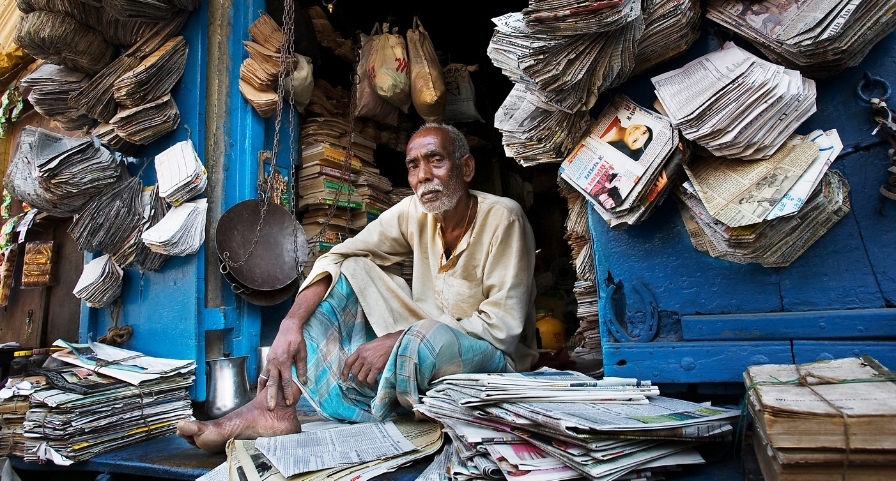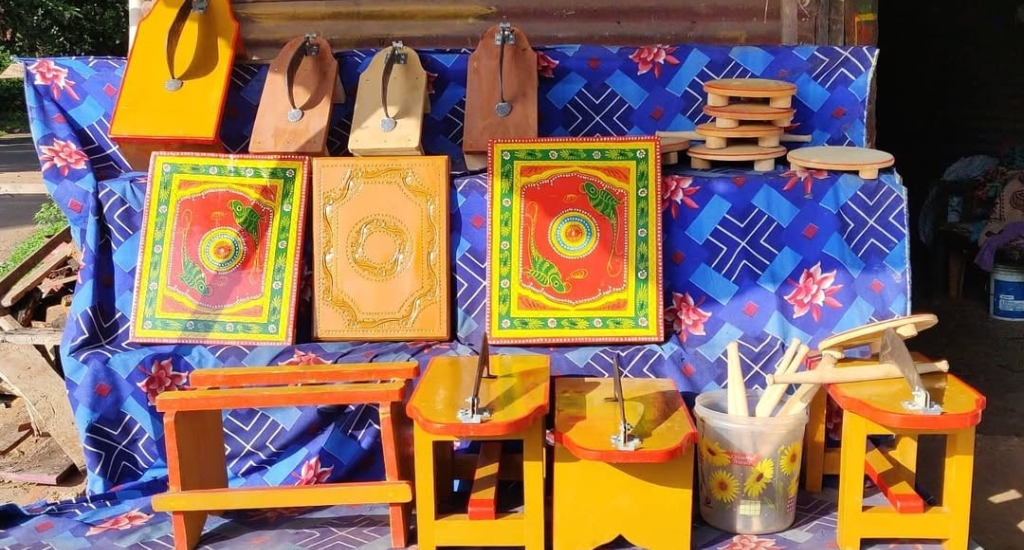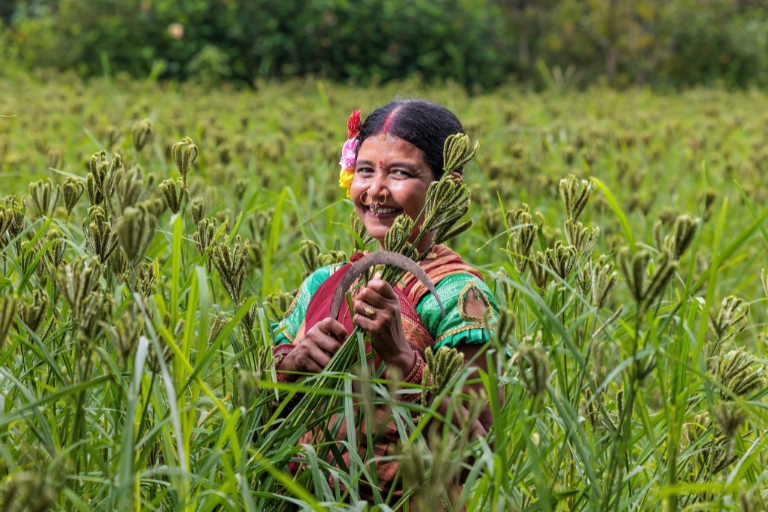I am a proud Indian and am happy to note that the Indian economy is easily the fastest growing large economy in the world today. I am also aware that there is huge and increasing resurgence in economic activity both at the intention and at investment levels and that this creates positive expectations. Yet it is clear that the aspirations of a large majority of rural people are likely to remain unfulfilled in the foreseeable future. How shall we expect the rural masses think and act given this reality?
I may dream of going to the moon. I may aspire to have my own house in my city. Many dreams that we have belong to the realm of fantasy. On the other hand, aspirations are much more real, more here and now, more about things which we see other people like us achieving, something that we too think we can achieve. That is why unmet aspirations cause so much frustration and anger in those who fail to reach them. It is my position that the fairly grounded aspirations of a large majority of rural folk are unlikely to be met in the foreseeable future.
Dreams of basic needs
I grew up during the worst period of the permit-quota-ration raj, the period that saw repeated wars, too many droughts and extremely high inflation. Yet, it was also the period when the urban middle classes to which I belonged could easily have its wards educated in the best of the public-supported institutions. Economic insecurity had so warped parental minds that most people wanted their children to get in the job market as soon as possible. The competition for high education in national institutions was muted. Most people were happy if they got a job in a newly nationalized bank. The rural youth possibly just wanted to be able to meet their basic needs. These were the days when there was no color TV and land phones were the preserve of the privileged.
Things have changed in a big way since then. In the first place, India has grown at least twice its size compared with 1971 and the middle class has grown much bigger. A large number of TV channels constantly blare and flaunt lifestyles that create aspirations among the populace. Reality shows constantly keep making millionaires out of nobodies and bringing fame to those who can muster enough phone messages, whether it is due to their talent or their caste. And the digital world beckons every one through its fascinating messengers on mobile phone. The rural youth too feel connected with the digital world and through platforms such as Youtube, feel as though they are within touching distance of all the glitz and the glory of this brave new world. And their aspirations are much more in tune with this world now. They are no longer content with meeting basic needs. They too want to join the modern and prosperous lifestyle that they see on TV and on their phones.
Oppressive reality
But reality is adverse and oppressive. The quality of the educational institutions they typically go to has deteriorated massively in relative terms and perhaps sharply in absolute terms. India’s Annual Status of Education Report keeps telling us that the learning levels of the rural students are pathetic. There is no way they can compete with their urban counterparts. And the opportunity sets they face are limited compared with urban wards; while my son gets to use a digital device practically while in the cradle, these children stare at a computer in a crowded room, lucky if they can press the delete button once in 20 minutes. And even among the privileged urban classes, the competition for elite institutions — the established gateways to the good life — is extremely intense. Despite the 7-8% economic growth, the number of desirable jobs the economy has to offer is finite. These are reducing with increasing incursion of the trend of digitally led automation. Finally, while skill training has remained primitive in most places, the intense competition in the economy is shrinking the space for traditional skills, leaving only the simplest and perhaps meanest jobs available in large numbers for which too there is a huge queue ahead of the rural youth.
Resolving contradictions
How is this contradiction of rising aspirations and oppressive reality resolving? In relatively well-developed states, the youth who can see the new world are taking to self-employment in peri-urban or urban areas. Youth who are better off are taking to politics as a shortcut to a good lifestyle. Youth who are aware of the new world but feel thwarted due to constraints and feel their extant conditions are not acceptable at all have taken to diverse forms of protest movement, some quite violent. Finally, youth who see the new world as more a dream world and feel that it is their destiny to be born in places where the conditions are pathetic simply migrate in search of unskilled jobs and work in sweat shops of various types.
We need to reflect whether any of these ways make for a stable situation. And we need to think fast because frustration among the rural youth is rising.
Sanjiv Phansalkar is Programme Director at Tata Trusts. He was earlier a faculty member at the Institute of Rural Management Anand (IRMA). Phansalkar is a fellow of the Indian Institute of Management (IIM) Ahmedabad.
The views expressed in the article are personal.



